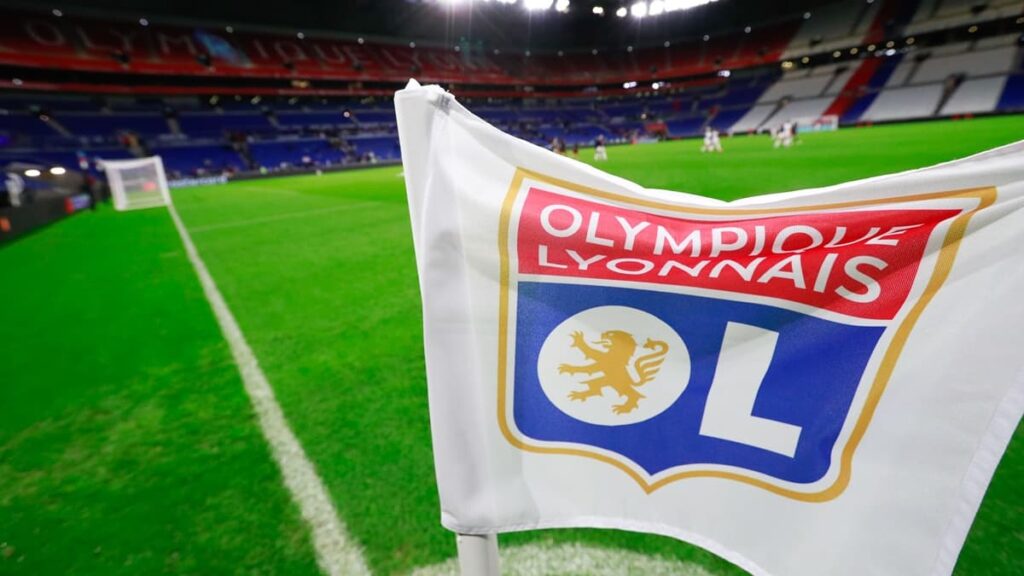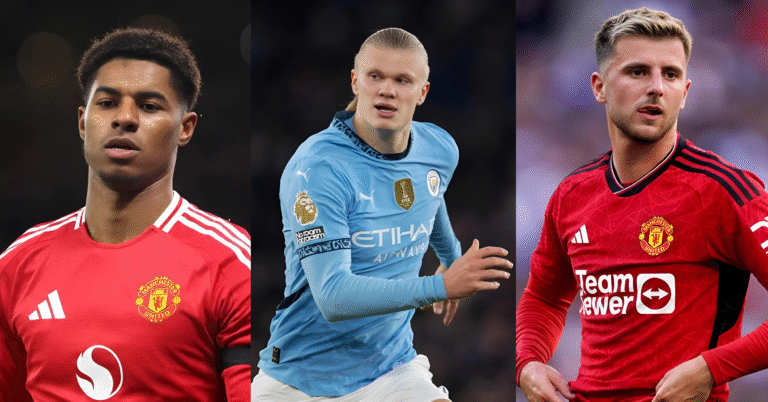
Once the pride of French football, Olympique Lyonnais—seven-time Ligue 1 champions and Champions League regulars—have suffered a catastrophic fall from grace. For the first time in over three decades, Lyon has been relegated to Ligue 2.
This isn’t just a story of a few bad games or unlucky results. Lyon’s relegation is the result of years of financial mismanagement, overambitious ownership, regulatory violations, and identity erosion. Here’s how one of France’s most historic clubs crashed and burned.
A Proud Club Brought to Its Knees
Lyon were once untouchable in French football. Under former president Jean-Michel Aulas, they dominated the early 2000s, developed world-class players like Karim Benzema and Juninho, and consistently competed in Europe.
But the Lyon of today is unrecognizable. With the team now set for away days in Rodez and Pau, the fall is both symbolic and structural. So, what exactly happened?
The Man at the Center: John Textor
At the heart of Lyon’s crisis is John Textor, the American tech entrepreneur who acquired majority ownership of the club through his conglomerate Eagle Football Holdings.
Textor isn’t a newcomer to football. He owns:
- Botafogo (Brazil)
- Molenbeek (Belgium)
- A 43.9% stake in Crystal Palace (England)
His vision was to build a multi-club empire, using Botafogo for South American talent, Molenbeek for work permit logistics, and Lyon and Palace as top-tier European hubs.
On paper, this model made sense. But the execution proved catastrophic.
Financial Mismanagement and Delusions
Lyon were already on shaky ground when Textor arrived—no Champions League football, bloated wage bills, and declining revenue. But rather than steady the ship, Textor made it worse.
Transfer Misfires and Wasted Millions
Despite revenue concerns, Lyon spent €150 million on transfers, bringing in:
- Moussa Niakhaté from Nottingham Forest for €32 million (barely played)
- Orel Mangala for over €20 million
- Nearly €30 million lined up for Matt Turner and Danilo, two bench players
At the same time, the club was selling off core assets:
- The women’s team
- Their basketball arena
- And even possibly their renowned youth academy
The club was being dismantled, piece by piece.
Ignoring the Warning Signs
This wasn’t the first time Lyon had been in trouble with France’s financial watchdog, the DNCG (Direction Nationale du Contrôle de Gestion).
In 2023 and again in November 2024, Lyon received transfer bans due to irregular financial documentation. Each time, Textor brushed it off, saying, “Everything’s fine financially.”
But by June 2025, the DNCG had had enough. Despite promises, proposed sales, and last-minute financial juggling, Lyon was officially relegated to Ligue 2.
The Aulas Fallout
Jean-Michel Aulas, who led the club for 35 years, was quick to respond to Textor’s blame-shifting.
“I was president for 35 years and never had issues with the DNCG,” Aulas said.
Under Aulas, Lyon were respected, stable, and successful. Under Textor, they spiraled into chaos.
The Desperate Fight for Survival
After relegation was announced, Textor launched a frantic campaign to reverse the decision. He:
- Sold Rayan Cherki to Manchester City for €40m
- Announced plans to sell Eagle Football’s stake in Crystal Palace to New York Jets owner Woody Johnson
- Appointed Paulo Fonseca as manager
- Claimed the club made more cash investments than required by DNCG standards
But the DNCG wasn’t interested in hopeful projections or pending sales. They wanted numbers now—and Lyon couldn’t provide them.
European Complications and Palace’s Dilemma
Lyon’s relegation has created problems beyond France. Both Lyon and Crystal Palace had qualified for European competition.
But UEFA rules prohibit clubs under the same significant control from playing in the same competition. With Textor owning significant stakes in both, only one could proceed.
Originally, Lyon would’ve qualified based on their higher finish. But with their relegation, Palace now hope Lyon’s sixth-place finish gets voided, allowing them to play in Europe.
However, the matter is still pending UEFA’s final decision. And if Lyon appeals the ruling in civil courts, the process could drag on for weeks, affecting Palace, Lyon, and even Nottingham Forest, who are next in line for a European slot.
Is This the Beginning of the End?
If Lyon’s appeal fails, a mass exodus could follow. Several players have already left:
- Said Benrahma
- Anthony Lopes
- Maxence Caqueret
High earners like Alexandre Lacazette, Corentin Tolisso, and Niakhaté may also be sold to cut costs. And with no European football, retaining top talent becomes nearly impossible.
A Bigger Problem: Football’s Financial Reality
Lyon’s case isn’t just about poor ownership—it’s about how difficult it is to run a competitive club outside the wealthiest leagues.
The Problem with UEFA’s Financial Fair Play
FFP rules limit how much a club can spend relative to revenue. While this is fine for Premier League giants with hundreds of millions in broadcast income, it strangles Ligue 1 clubs, who operate on modest budgets.
Even with a rich owner, you can’t inject unlimited funds—especially when your revenue is dropping. And Lyon, with no UCL money, falling ticket sales, and TV deals in jeopardy, simply ran out of options.
What Needs to Change?
Lyon’s downfall should be a wake-up call for European football. Here’s what the sport needs to consider:
- Adapt FFP to Smaller Leagues
UEFA must recognize that applying the same financial metrics to PSG and Lyon—or Palace and Sochaux—is flawed. Smaller clubs need tailored regulations. - Enforce Ownership Oversight
Multi-club owners must be regulated more stringently. Lyon wasn’t just mismanaged—it was used as a pawn in a global experiment gone wrong. - Reward Sustainable Models
Clubs that invest in academies, maintain responsible wage structures, and operate transparently should receive financial incentives—not just punishments for overspending. - Fix the Broadcasting Model
Ligue 1 has suffered repeatedly from collapsed TV deals. Unreliable revenue streams force clubs into panic spending and short-term fixes. Stability must be a priority.
Olympique Lyonnais’s relegation is not just a sporting failure—it’s a case study in the fragility of modern football economics. Poor decision-making, unchecked ambition, and rigid financial regulation turned a European powerhouse into a second-division struggler.
Whether Lyon can bounce back will depend on how fast they rebuild, how much they learn, and how long their fans stay patient.
But one thing is certain—this should never have happened. And if football doesn’t evolve to protect its historic institutions, Lyon might not be the last fallen giant.



